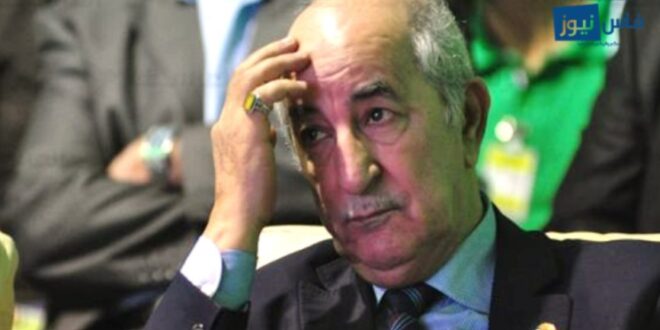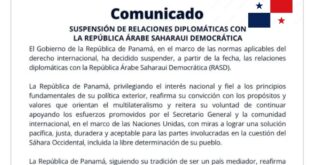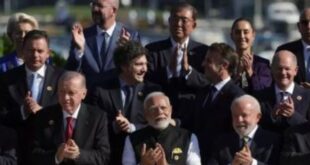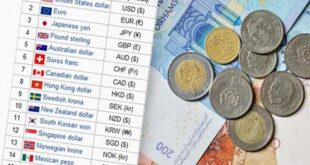The Algerian Constitutional Court announced on Saturday the confirmation of President Abdelmadjid Tebboune’s re-election for a second term, with an adjusted vote percentage of 84.3%, down from the previously announced 94.65%.
Details of the Final Results
- The President of the Constitutional Court, Omar Belhadj, declared in a live broadcast on national television and radio: “We announce that Abdelmadjid Tebboune has been elected president for a second term and will assume his duties upon taking the constitutional oath.”
- The participation rate was revised to 46.10%, after the Independent National Election Authority (ANIE) had announced a “average participation rate of 48%” when polling stations closed last week.
- The results of the competing candidates were also revised:
- Abdelaali Hassani (moderate Islamist candidate): 9.56% (up from 3.17%)
- Youcef Aouchiche (socialist candidate): 6.14% (up from 2.16%)
Controversy Surrounding Preliminary Results
- The three candidates, including Tebboune, issued a joint statement last Sunday objecting to “the ambiguity and contradictions in the participation figures” and “errors” in the percentages of votes they received.
- Both Hassani and Aouchiche filed appeals with the Constitutional Court at the beginning of the week to review the preliminary figures, denouncing “fraud” and even a “masquerade,” particularly regarding the participation rate.
- ANIE was heavily criticized for giving an “average participation rate” calculated by averaging the rates of the 58 Algerian prefectures, whereas the participation rate is normally calculated by dividing the number of voters by the number of registered voters (about 24.5 million in Algeria, including residents abroad).
Election Background
- Tebboune was the clear favorite in the election, having the support of at least four major political parties, including the National Liberation Front (FLN), the former ruling party.
- These elections represent a challenge to democracy in Algeria, raising controversy over the transparency of the electoral process and the accuracy of the announced results.
Implications
- The Constitutional Court’s decision confirms Tebboune’s victory for a second presidential term, ensuring continuity in the country’s political leadership.
- The significant adjustment in vote percentages may raise questions about the accuracy of the electoral process and the mechanisms for vote counting and result announcement.
- These final results are expected to elicit varied reactions both within Algeria and abroad, especially concerning the credibility of the elections and their representation of the popular will.
All eyes remain on how the Algerian government will address the criticisms directed at the electoral process, and how these results will affect the political landscape in the country over the coming years.
 فاس نيوز ميديا جريدة الكترونية جهوية تعنى بشؤون و أخبار جهة فاس مكناس – متجددة على مدار الساعة
فاس نيوز ميديا جريدة الكترونية جهوية تعنى بشؤون و أخبار جهة فاس مكناس – متجددة على مدار الساعة













